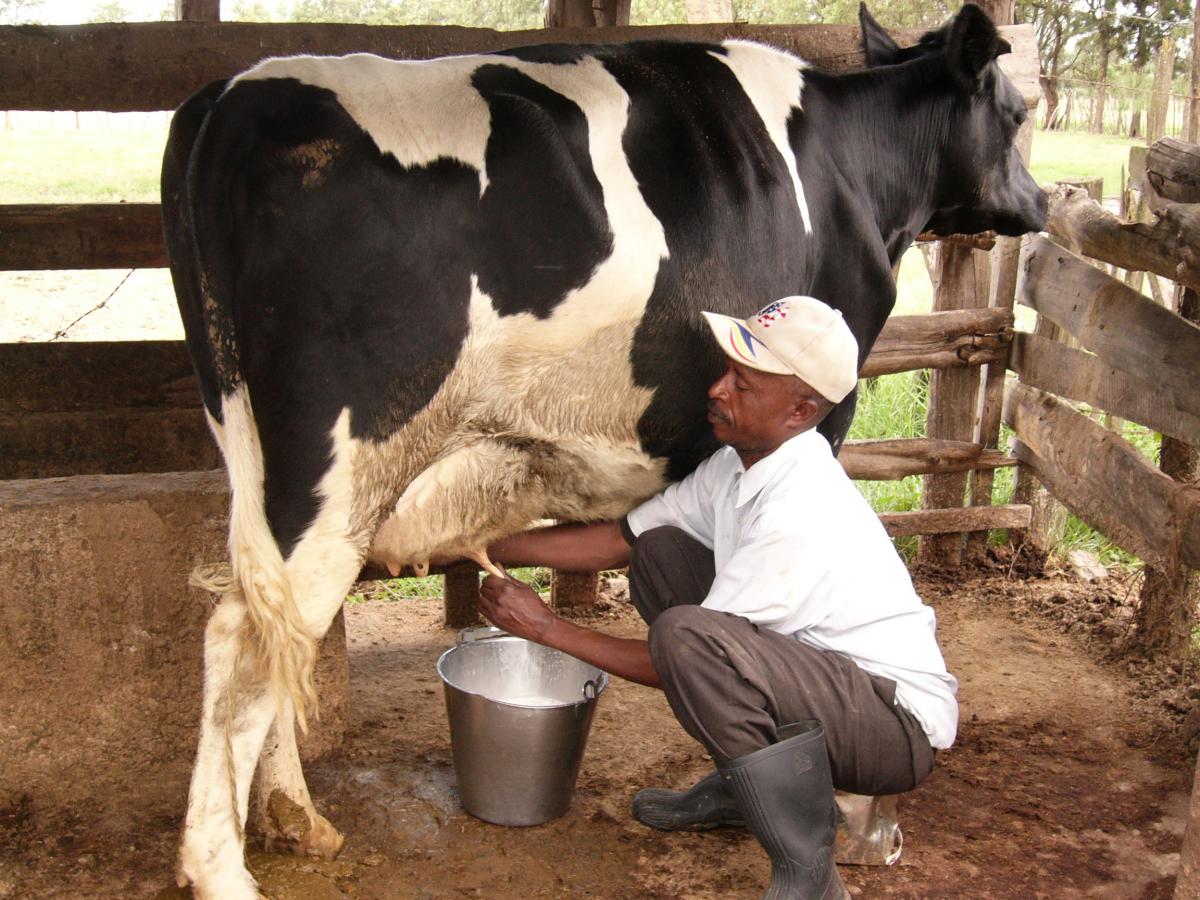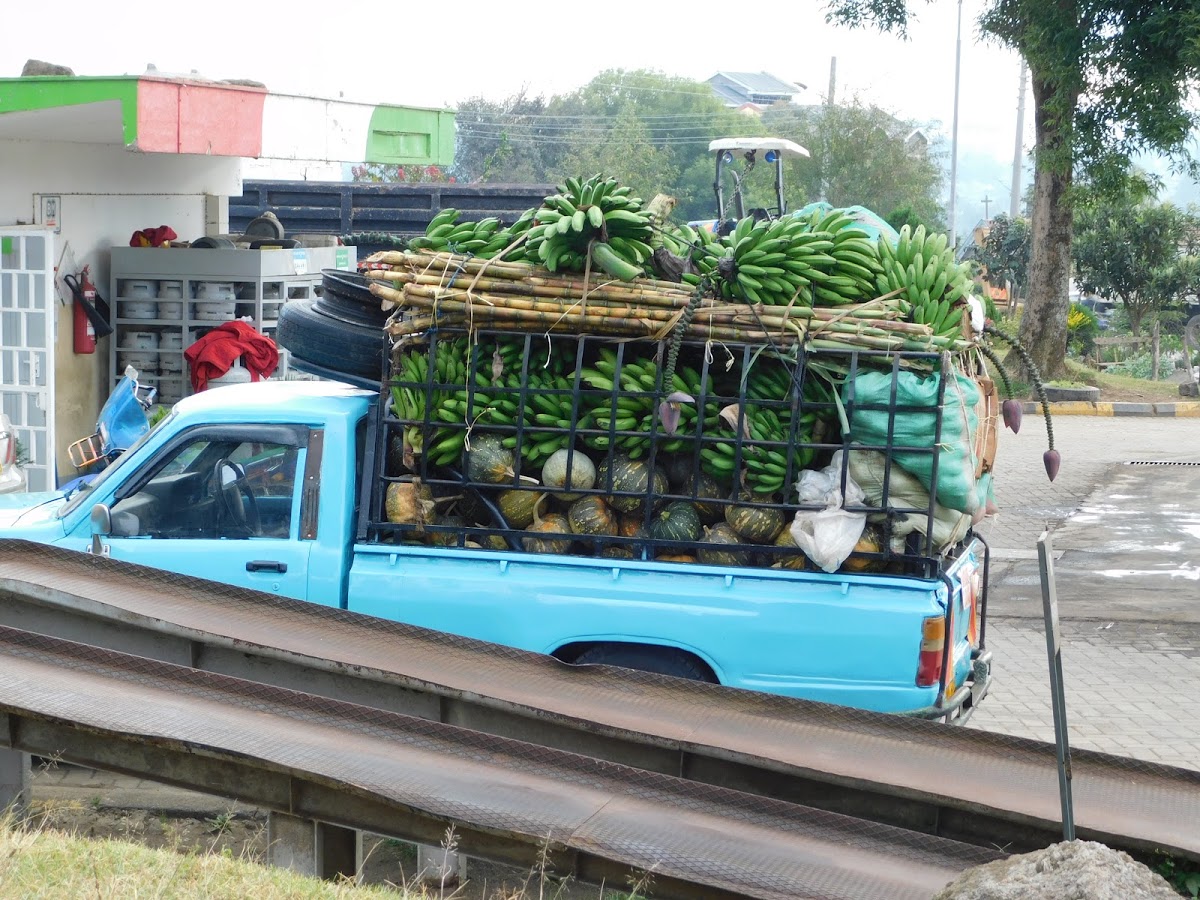
By George Munene
Amongst the key reforms contained in The Kenya Dairy Industry Regulations, 2021, was the setting of a minimum farm gate price of Sh 33 for a liter of milk. This has proven to be a key instigator for many to get into dairy farming and inspired a return for those who had abandoned the enterprise entirely owing to perennially poor prices.
At its enacting into law in March of this year Agriculture CS Peter Munya stated that the dairy sector continues to be faced with a myriad of challenges. “Poor prices, seasonality of production, low productivity, poor quality, costly and inaccessible animal feeds, lack of an adequate regulatory framework among others have all contributed to making the dairy agricultural sub-sector unappealing for farmers, Munya pointed out.
While many of the embarked-on reforms will require years to be realised, in the short term, the artificial price cupping of milk bought from farms by processors has breathed a new lease of life for farmers.
Related News: New feeding technology helps farmers add 2.3L milk daily
Related News: New drought tolerant forage pearl millet increases milk by 30%
Having inherited her parent's dairy farm in Igoji, Meru County, in 2016, Agnes Kanini was winding down the business, making a pivot to horticultural farming. “Earning between Sh28 to 18 a liter for milk which on average cost Sh24 to produce made dairy keeping a high-wire act. A disease outbreak that depreciated the amount of milk we normally produced meant spending months trying to break even once again,” she explained. Having sold half her initial 22 milking herd, Kanini, like many others, was well on her way out of the sector. The new dairy industry reforms and the government’s February 2020 directive on the minimum farm gate price of Sh 33 per kilogram have reeled her back in.
“For a year and a half now we have been supplying milk for Sh41-Sh30—that is a price run I never thought I would see in my lifetime,” she said.
The regulations further strengthen the hand of Kenyan dairy farmers by safeguarding them against unfair trade practices, competition, and dumping. With stiff penalties that include the destruction of the illegally imported dairy produce material for those found to have contravened the dairy imports and exports clause of the law.
Related News:KALRO commercializes grass varieties that increase milk by 15 to 40 %
The new reforms also safeguard consumers by outlining a framework for the labeling, calibration, storage, and distribution of dairy products. This is to be adhered to by players across the milk production value chain.
Write comment (0 Comments)
















